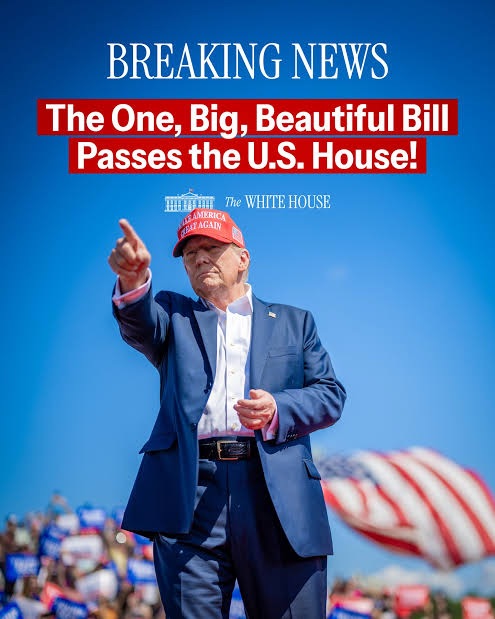The issue of health care is once again at the forefront of political debate as the U.S. government enters its seventh day of shutdown. Democrats are staunchly advocating for the extension of health care subsidies, capitalizing on public sentiment which appears to favor their position on this vital issue. As millions of Americans prepare for potential premium increases with the expiration of subsidies initially implemented during the COVID-19 pandemic, pressure is mounting on Congress for a resolution.
While some Republicans have indicated a willingness to negotiate the extension of subsidies, a significant faction remains opposed to any form of compromise that may reinforce the Affordable Care Act, also known as 'Obamacare.' This standoff underscores broader ideological divisions regarding health care policy and illustrates the challenges of reaching a bipartisan agreement in a polarized environment.
Republican figures like Senate Majority Leader John Thune and other lawmakers have hinted at possibilities for extending the subsidies if the government reopens first, yet many GOP members insist that any discussion of health care policy must be tied to reforms. The ongoing uncertainty has led to concern among their constituencies, particularly as many are faced with rising insurance costs.
The Democrats believe the pressure is on Republicans, highlighting that a significant portion of those impacted by potential premium hikes reside in Republican states and districts. As the situation continues to evolve, the health care debate could play a crucial role in shaping the strategies of both parties as they navigate the complexities of the government shutdown and public opinion.
In this high-stakes environment, both parties will need to consider the implications of their positions as they strive to address a critical issue affecting millions of Americans.
While some Republicans have indicated a willingness to negotiate the extension of subsidies, a significant faction remains opposed to any form of compromise that may reinforce the Affordable Care Act, also known as 'Obamacare.' This standoff underscores broader ideological divisions regarding health care policy and illustrates the challenges of reaching a bipartisan agreement in a polarized environment.
Republican figures like Senate Majority Leader John Thune and other lawmakers have hinted at possibilities for extending the subsidies if the government reopens first, yet many GOP members insist that any discussion of health care policy must be tied to reforms. The ongoing uncertainty has led to concern among their constituencies, particularly as many are faced with rising insurance costs.
The Democrats believe the pressure is on Republicans, highlighting that a significant portion of those impacted by potential premium hikes reside in Republican states and districts. As the situation continues to evolve, the health care debate could play a crucial role in shaping the strategies of both parties as they navigate the complexities of the government shutdown and public opinion.
In this high-stakes environment, both parties will need to consider the implications of their positions as they strive to address a critical issue affecting millions of Americans.




















